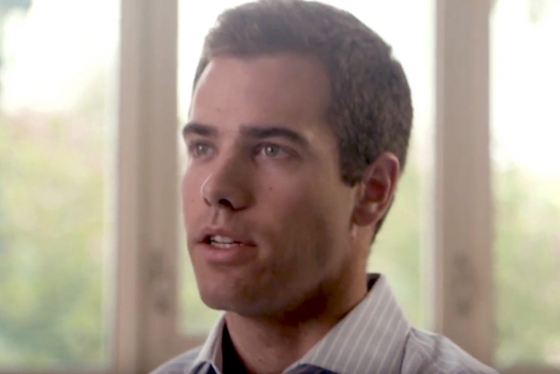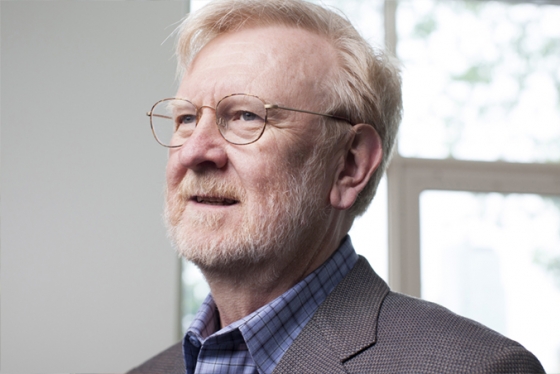TJ Kang
Master of Cognitive Psychology (MA) 1982
"Think Free" is not just a philosophical concept to TJ Kang, it is a credo he has lived by and inspired him to become a major innovator in the computer software industry.
About 35 years ago, University of Toronto student TJ Kang was having dinner with some of his Korean friends, kicking around ideas about computers even though he was a psychology major.
It led to them inventing the first Korean word processing software. A year after graduation, Kang founded his first computer software company and later, as a “serial entrepreneur,” founded ThinkFree, a company he used to introduce a unique web-based productivity suite.
He is now head of the Media Solutions Centre for Samsung Electronics in Korea. And he credits his career path to the time he spent at the University of Toronto.
His professors at U of T “really fostered the spirit of inquiry and exploration,” he says. He was always a curious person and his professors emphasized that it was “perfectly okay to be curious, to delve into things you are most interested in.”
This “out-of-the-box” thinking, the attitude that you shouldn’t take anything for granted, instilled in him the habits that made him become so successful in the computer software business.
It wasn’t something he always wanted to do. He got into the business “quite by accident,” he says. “When I entered U of T I had this vague notion of wanting to know how the human mind works, how the brain works.” Before entering university he read a book by Carl Sagan – The Dragons of Eden – and he took several psychology courses.
But he discovered by taking computer science he could learn how the brain works just as well.
Kang has many fond memories of U of T. He met his wife here and after he left U of T worked downtown. She was still a graduate student and they would meet for lunch, sharing a sandwich while sitting on a bench near University College.
Today their son goes to U of T and when they visit, they point out to him “some of the places where we used to hang out.”
Published Dec. 9, 2013.






